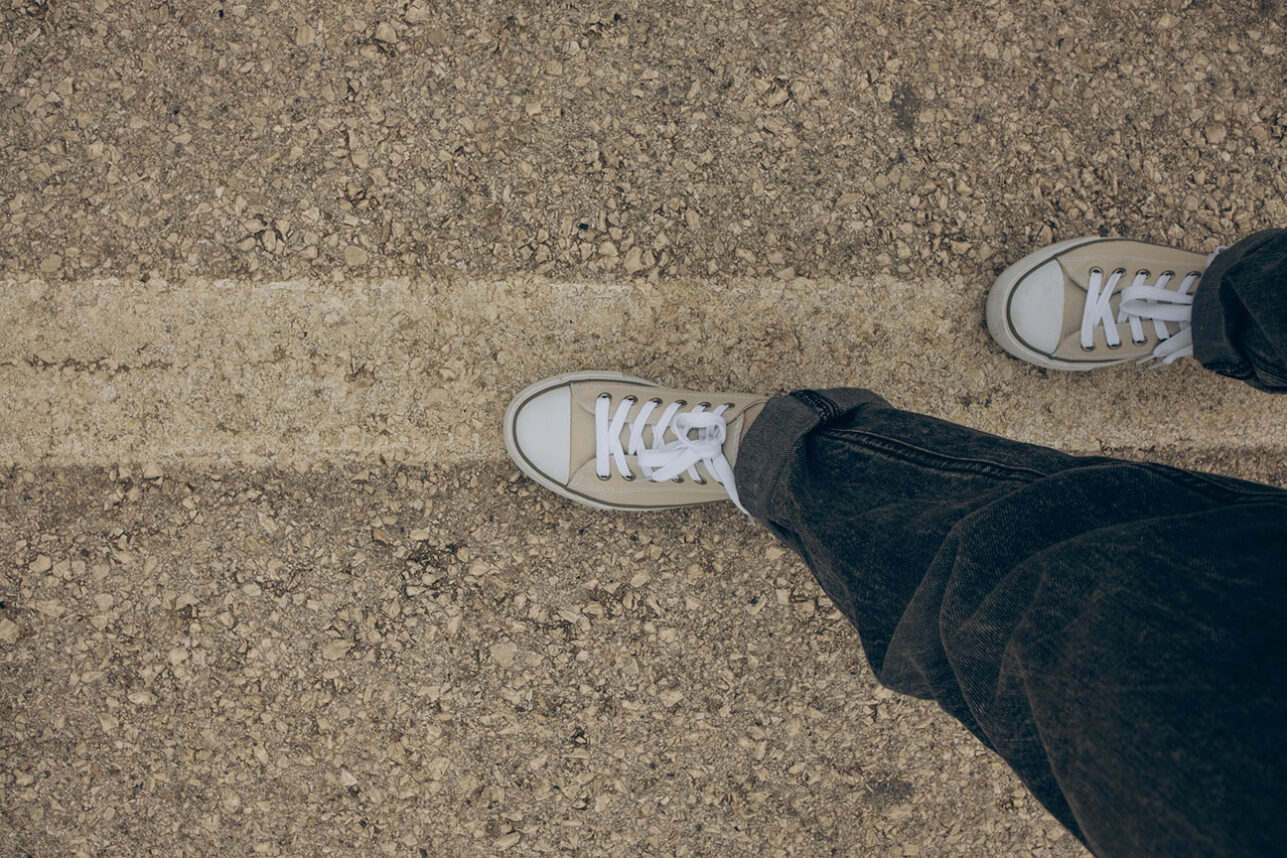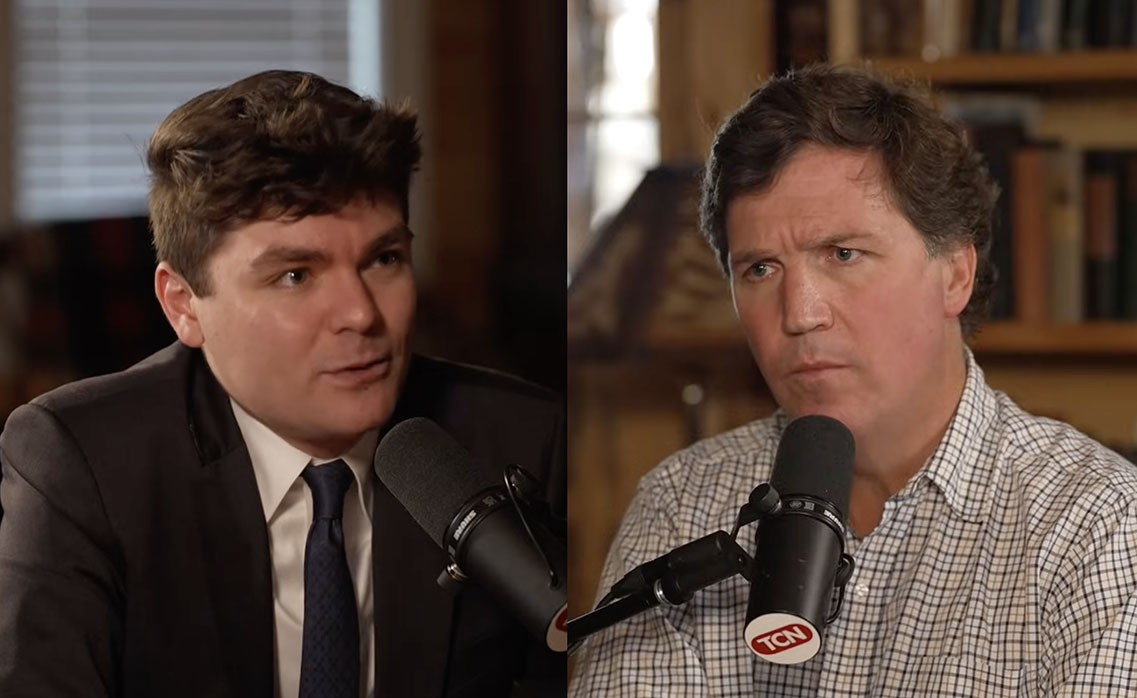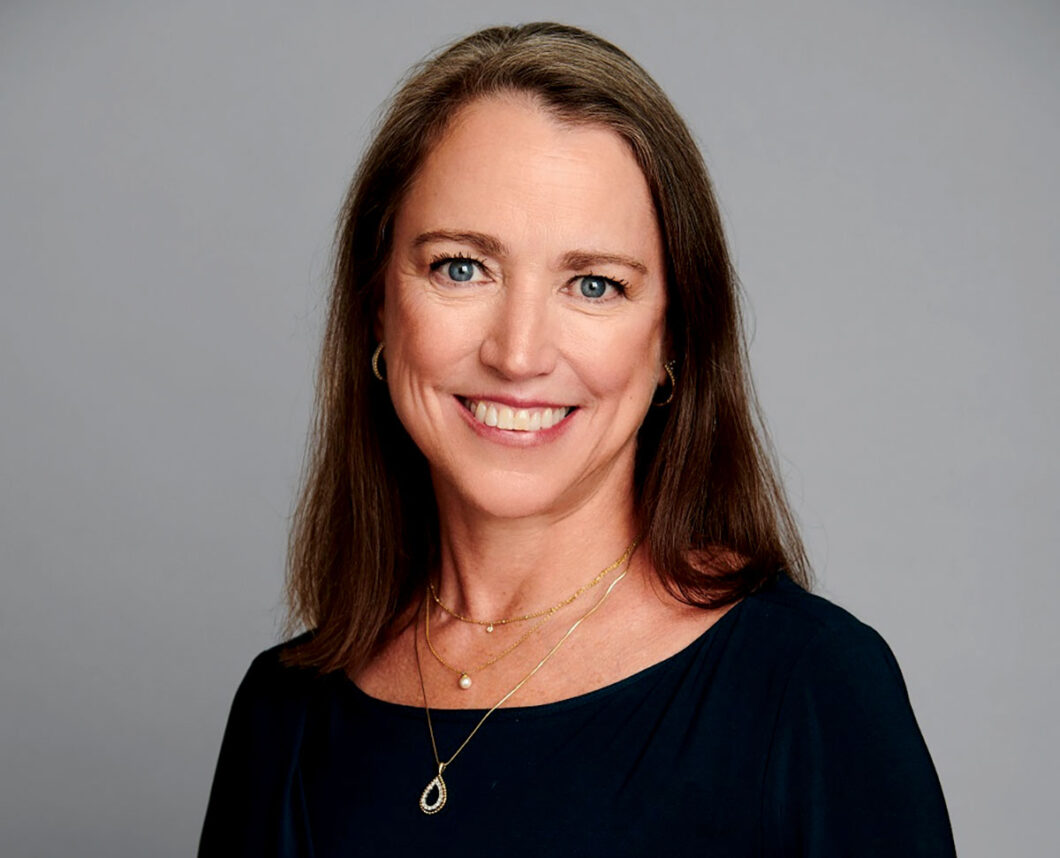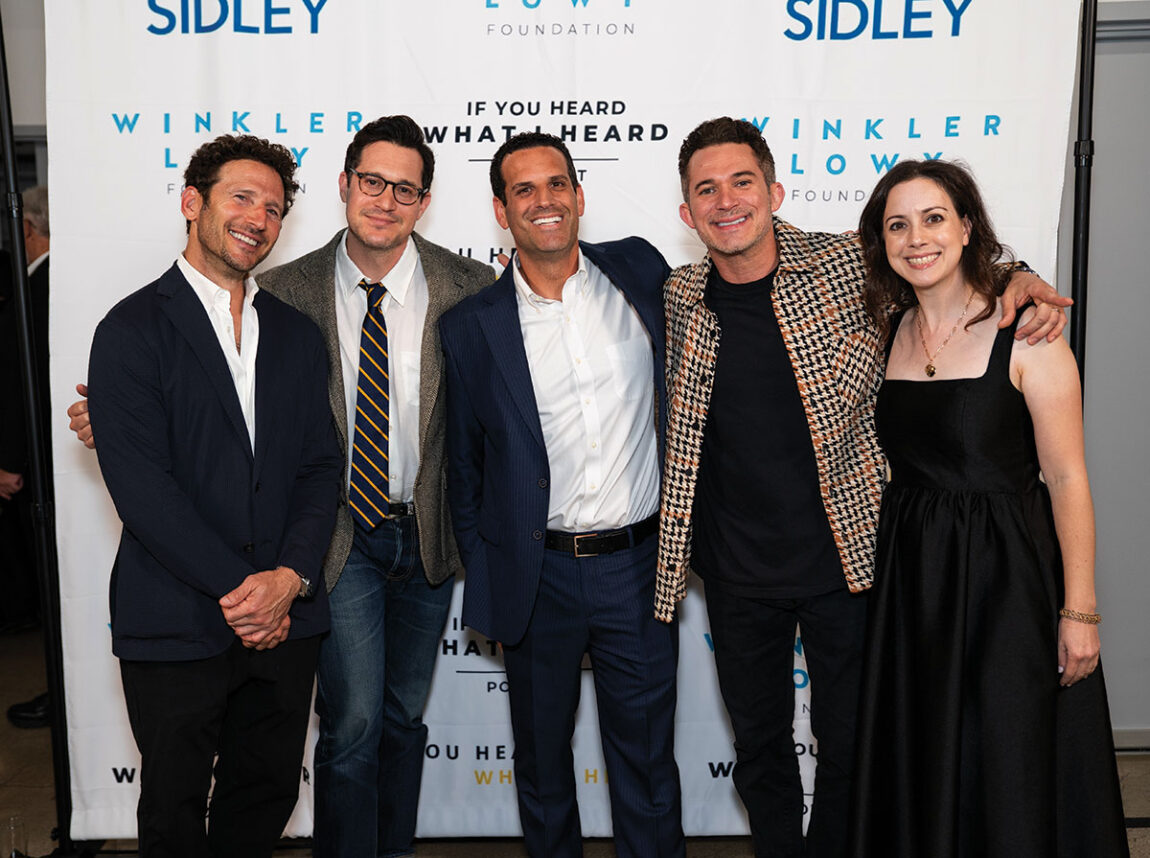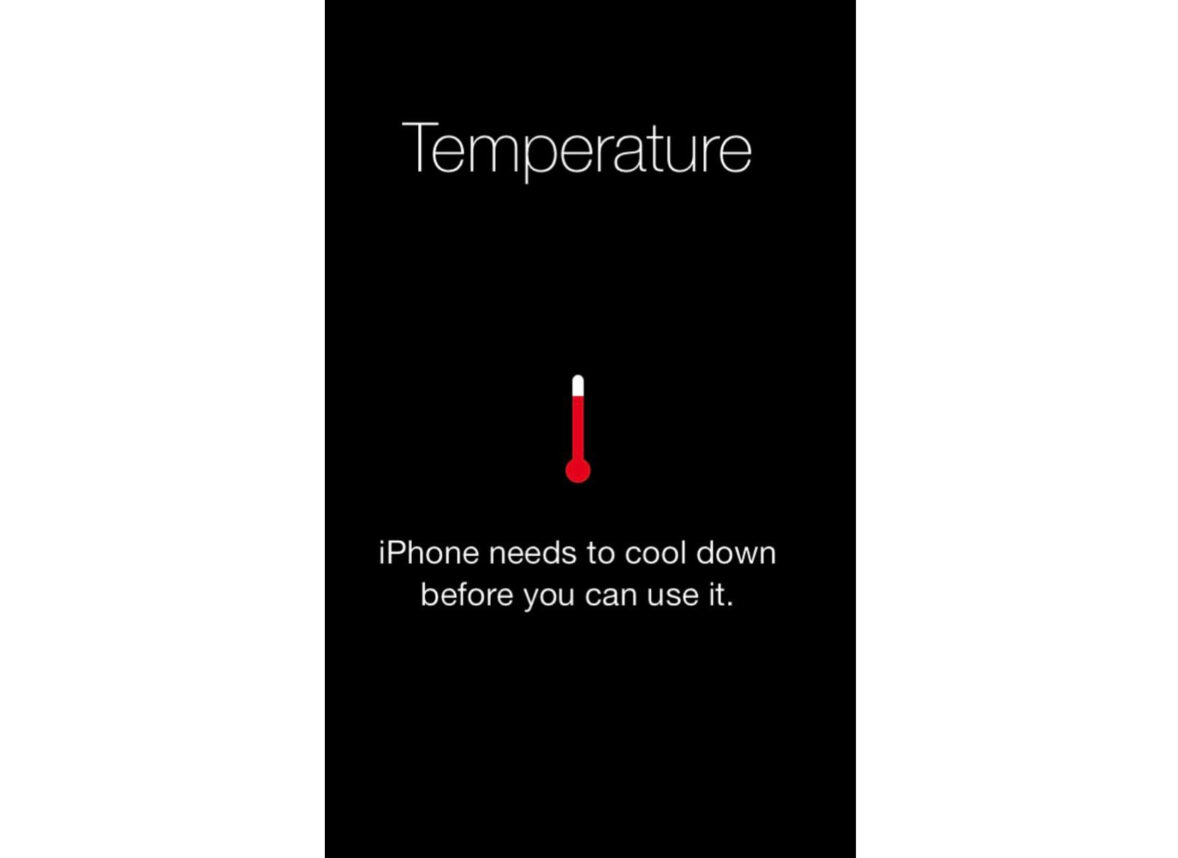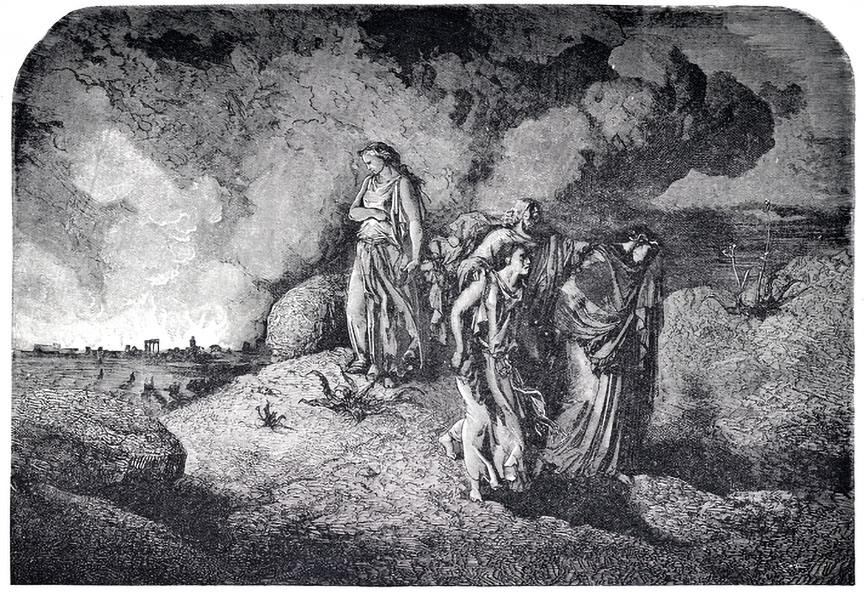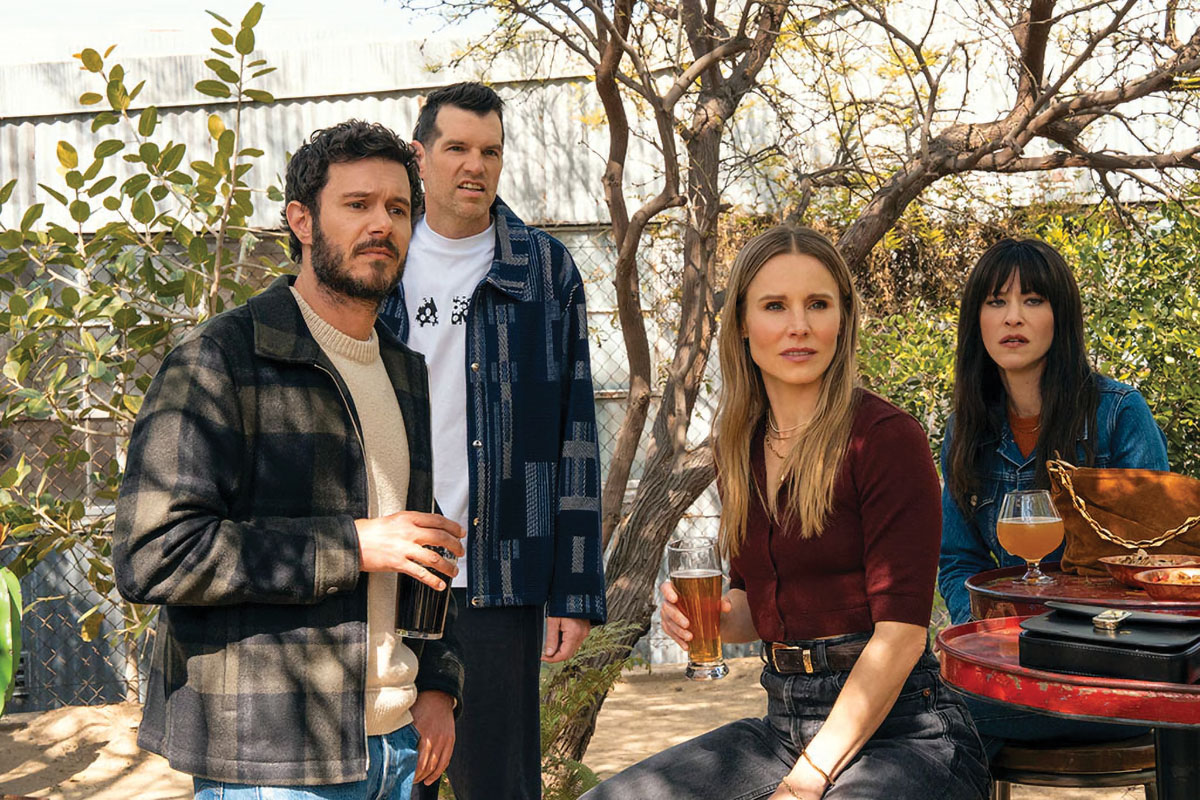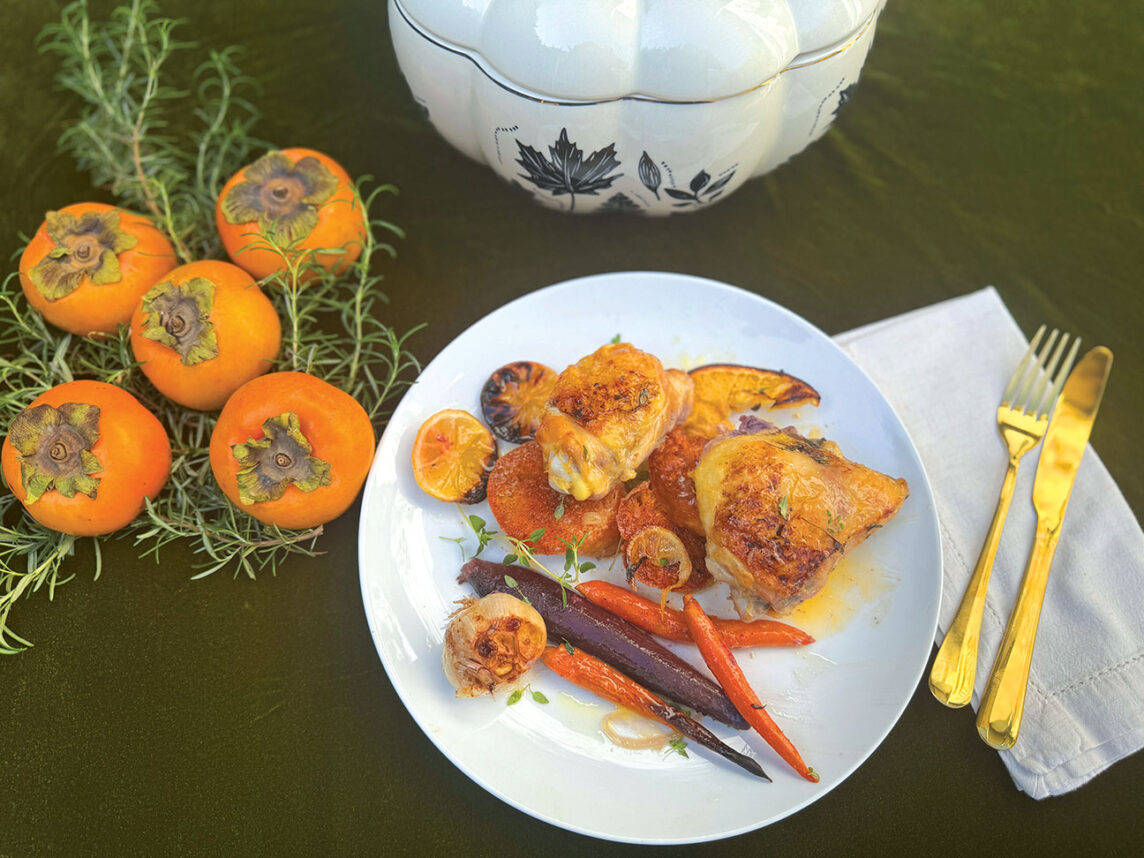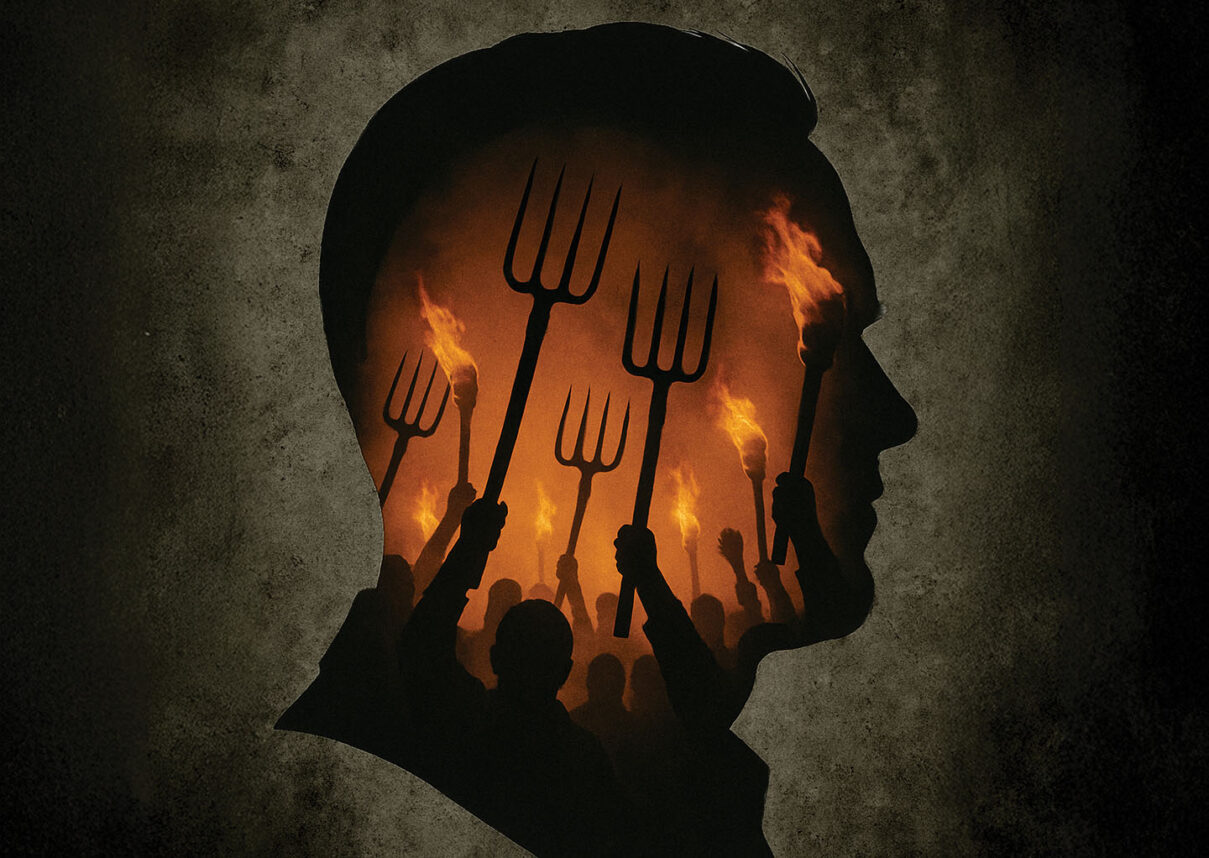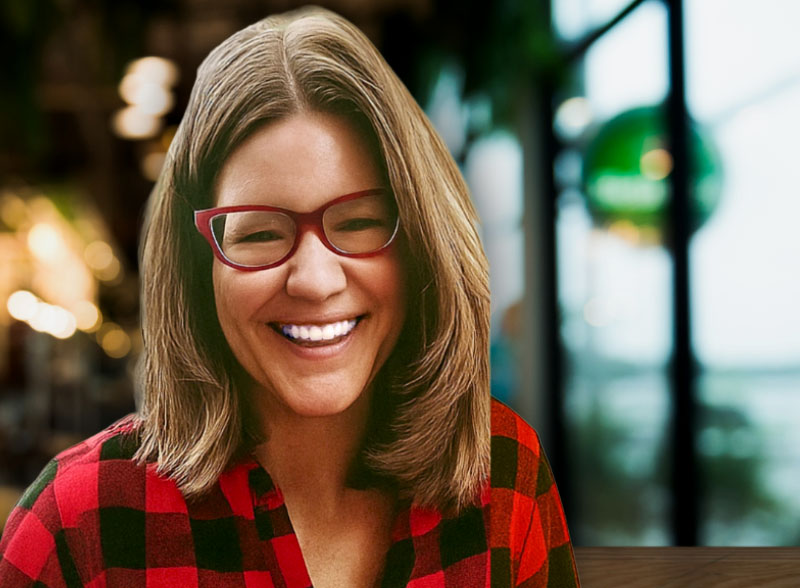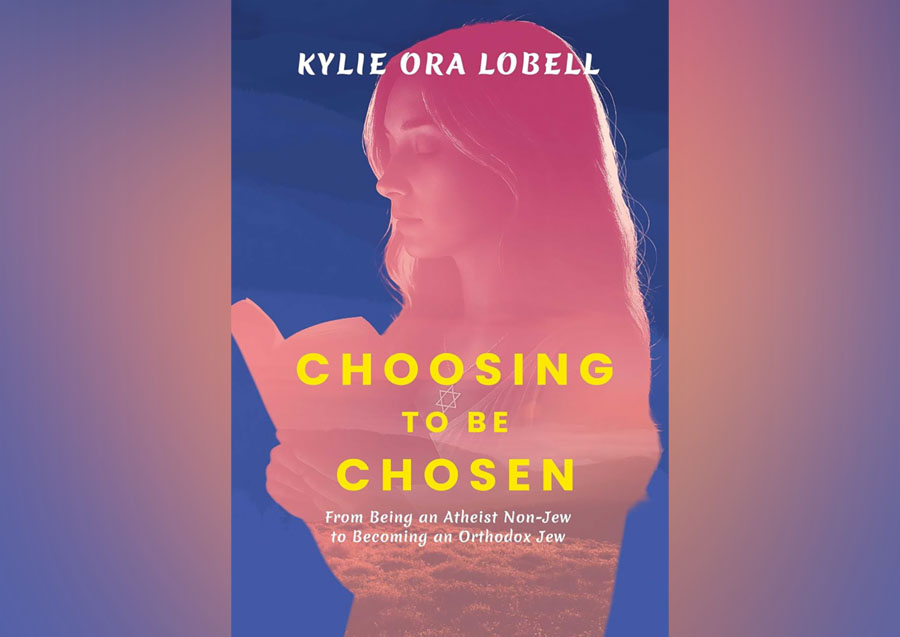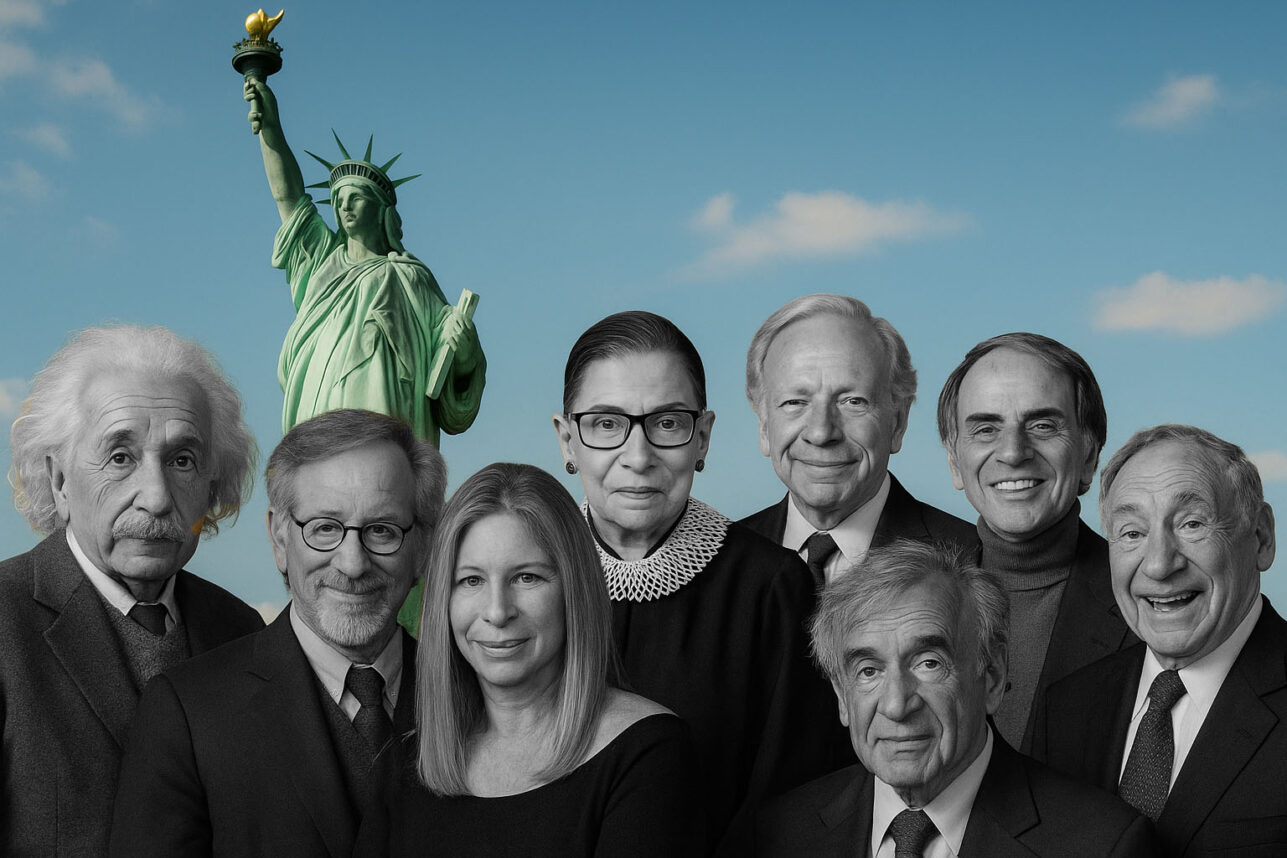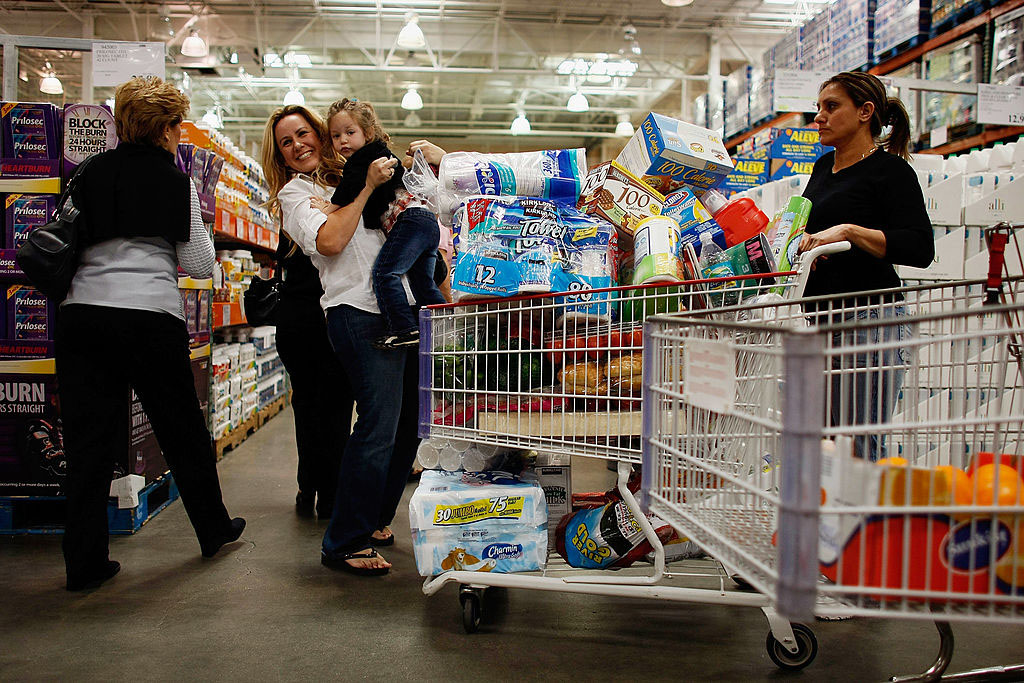
There’s no efficient way to describe a visit to the giant superstore Costco except to say it’s a giant superstore.
But adjectives like “giant” and “super” feel lame when trying to convey the sensation of seeing under one roof an eyeglass prescription center, a bakery, a full assortment of apparel, appliances, watches, tires, flat screen TVs, any grocery item you’d like, smart phones, jewelry, pool tables, lawn mowers, mattresses, beauty products, fresh produce, a pharmacy, hot tubs, generators, toys, new bathrooms and kitchens, and did I mention the kosher chicken?
I’m here visiting family in Montreal, and my sister is the Costco queen. Doing a Costco run with her is a special treat. I feel like an anthropologist working for Discovery Channel. As I follow her in her natural habitat, while she buzzes efficiently from one section to another, I get to observe this modern-day coliseum of capitalism.
It’s true that when I think of a charming boutique downtown or a small hardware store where you know the owner’s name, a sprawling Costco feels almost dystopian, humanity’s final surrender to the gods of convenience and abundance.
And yet, I was surprised to feel something quite different as I got in my 10,000 steps during my recent visit.
I felt humanity.
This sounds crazy obvious, but after the trauma of the COVID lockdowns, when stores and businesses of all sizes shut down and left us physically isolated, I no longer take the sight of humanity for granted, even if it’s only people going about their shopping business.
As I wandered through the bustling waves of humanity at Costco, I thought of an article I read recently on a commercial ecosystem that has gone in the other direction: shopping malls.
“It’s true in life that someday everything must die. But the decay of this mall is driving me mad,” Kelly Karivalis writes in The New York Times in a poignant and nostalgic piece titled, “Dying Shopping Malls Are the Roman Ruins of Our Civilization.”
Indeed, many shopping malls are dying, while a mini-city with everything in it is thriving.
The word “everything” ironically applies to both. If there’s a sense you that you can get everything at Costco, there’s also a sense that since you can now get everything delivered to your home, why shlep to a mall?
Pick your everything.
I haven’t yet mentioned the capitalist aphrodisiac of low prices, which is surely an advantage for Costco if you don’t mind stocking up on a three-year supply of tomato paste.
But as a one-day anthropologist in thrall of seeing so many people leave their homes to commune in one place, I didn’t really care that something as prosaic as low prices was a motivating factor in this rendez-vous of humanity.
These days, I take my humanity wherever I can get it, especially if I get to bring back a kosher chicken to my mother.









